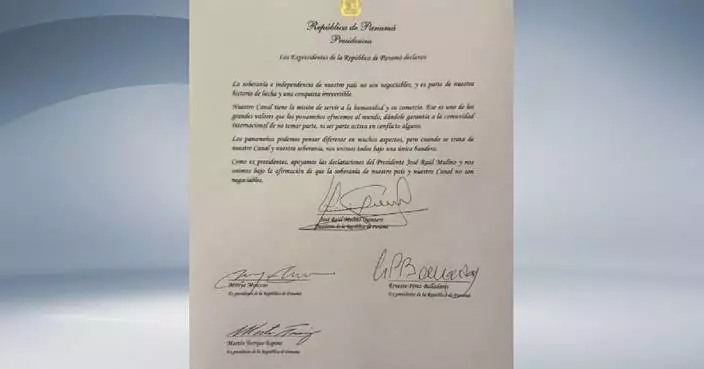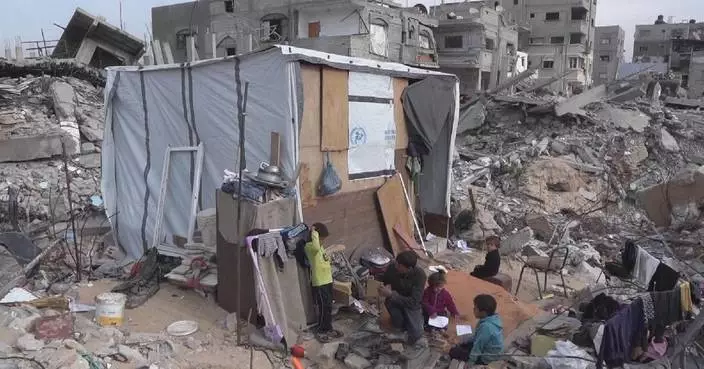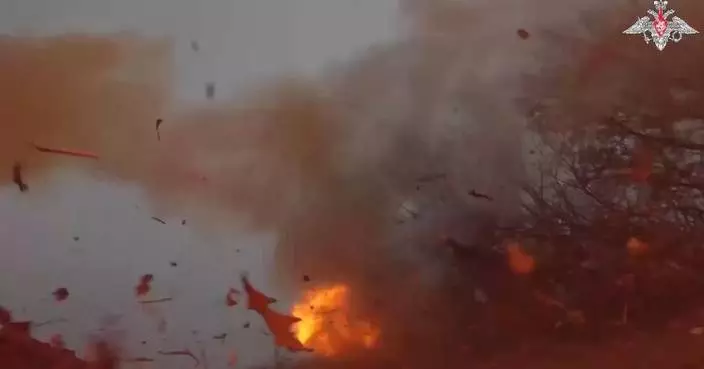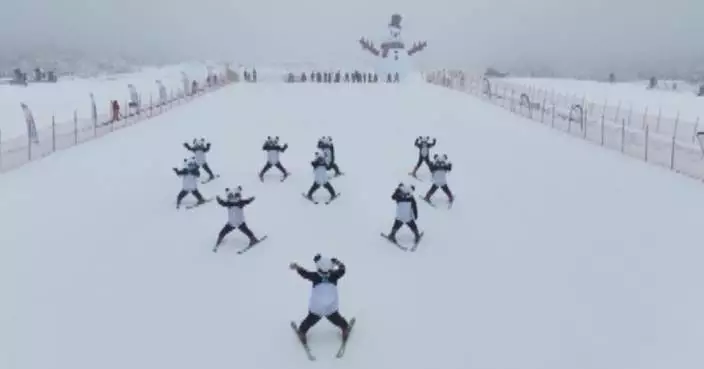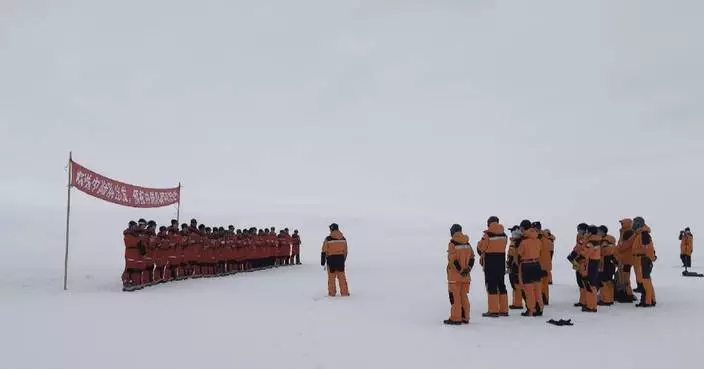The head of the International Atomic Energy Agency (IAEA) said on Thursday that nuclear safety "remains in jeopardy" at the Zaporizhzhia Nuclear Power Plant (ZNPP) as the facility twice lost connection to its only remaining 750 kilovolt (kV) power line in the last few days.
IAEA Director General Rafael Grossi told a quarterly meeting of the IAEA Board of Governors that the first disconnection, caused by unspecified damage about 17 km from the ZNPP, lasted for over 30 hours from last Saturday morning until it was repaired and restored around Sunday noon. The plant again lost connection to the line on Thursday morning.
The ZNPP had to rely on "its sole 330 kV backup power line for the electricity it needs for reactor cooling and other key nuclear safety functions," Grossi said.
The plant had four 750 kV and six 330 kV lines available before the Russia-Ukraine conflict, according to an IAEA statement.
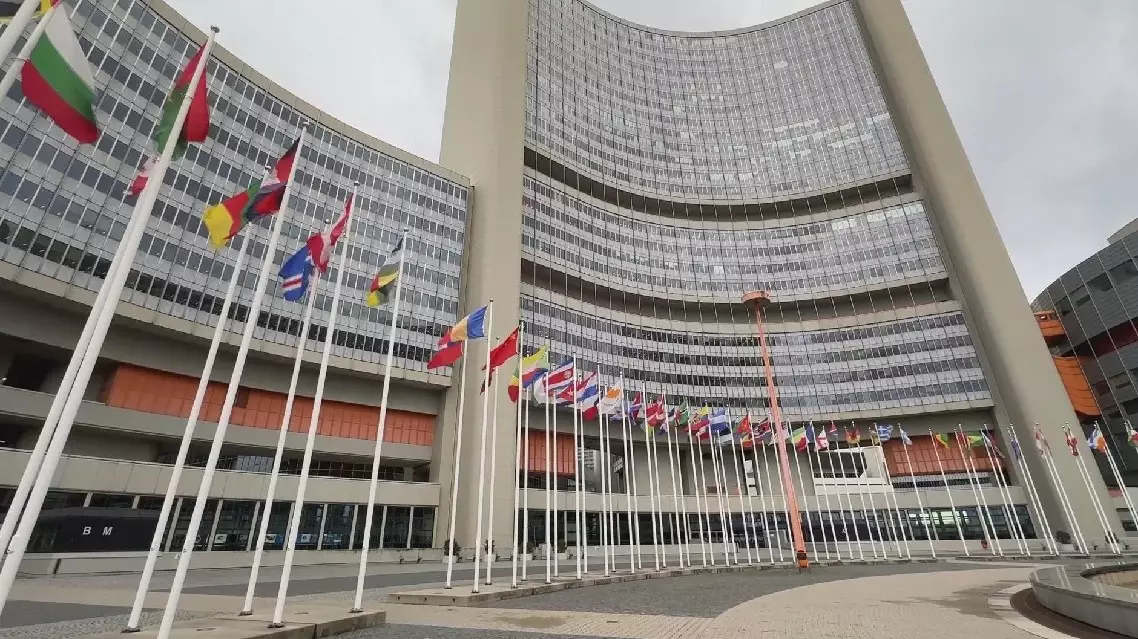
Nuclear safety still "in jeopardy" at Zaporizhzhia power plant: IAEA
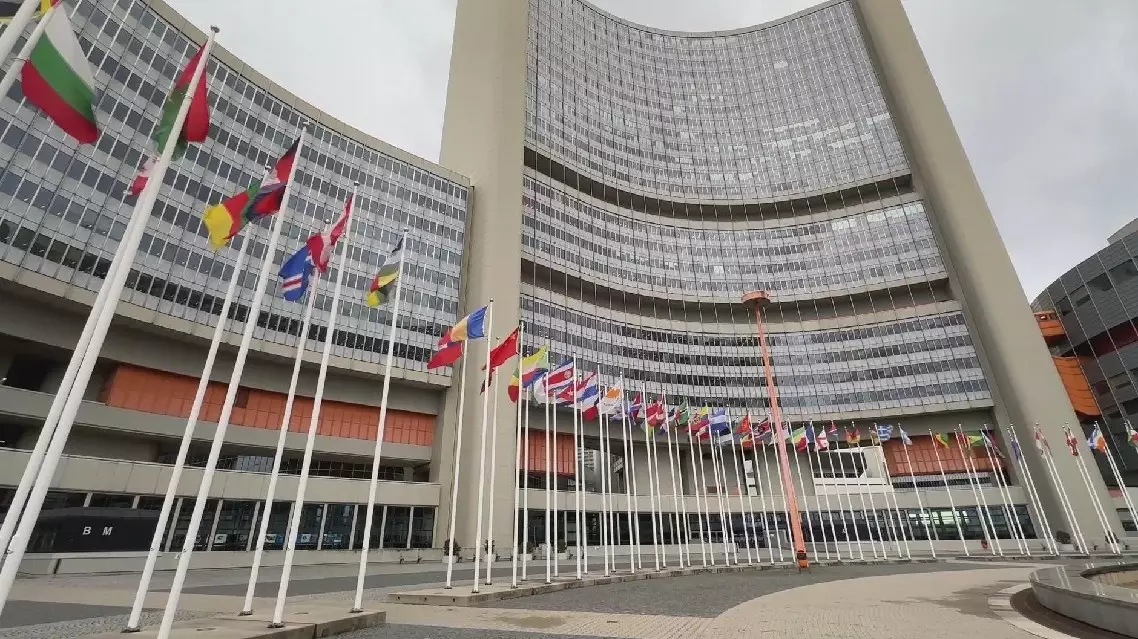
Nuclear safety still "in jeopardy" at Zaporizhzhia power plant: IAEA
The deepening political turmoil has taken a serious toll on South Korea's economy as international investors are selling their holds of the country's assets.
According to data from the Korea Exchange released on Saturday, due to President Yoon Suk-yeol's controversial martial law declaration earlier this month, foreign investors rapidly fled the South Korean stock market from December 4 to 20, with net sales of more than three trillion Korean won in 13 trading days.
On December 4 alone, the first trading day after the martial law, foreign capital net sales reached 40.79 billion Korean won.
In the foreign exchange market, the Korean won also suffered from continuous selling. At the close of trading on Tuesday, the Korean won had depreciated to 1,456.4 per U.S. dollar.
South Korea's political turmoil has also impacted the country's real economy.
According to a survey from the Korea Federation of Small and Medium Business (KBIZ), 46.9 percent of the restaurants and hotels surveyed saw sudden cancellation of year-end event orders or other types of losses after the martial law was declared on Dec. 3. Among the companies that were not directly affected by the political turmoil , 46.6 percent expressed their worries on their future operations.
"The situation has turned worse after the president was impeached. It is the president who created this mess. The economy is now at the bottom. No foreign tourists come, and even local customers don't come at all," said Kim Jae-joo, owner of a restaurant in South Korea.
According to another survey from the KBIZ, 26.3 percent of the surveyed small and medium-sized export companies suffered economic losses due to the political turmoil, and 63.5 percent of the surveyed companies are worried that their future export would be impacted.

Deepening Political turmoil takes serious toll on South Korea's economy





